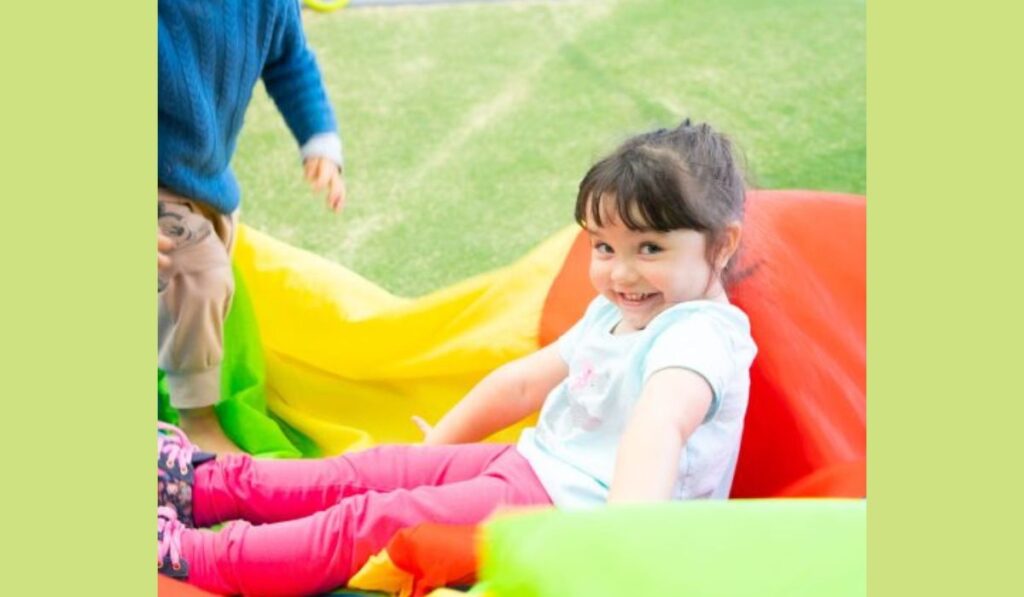How Generalisation Enhances Learning and Independence in Children with Autism

Generalisation is a very major concept in treating autism. This would mean that generalisation is the ability to apply learned skills and behaviours to other settings, situations, and people. The children with ASD must master the ability to generalise if they are going to acquire more independence and functionality in their lives. This paper will, therefore, explore how generalisation can be of help in the learning process of the child, like helping the children with autism learn and be more independent, which provides insights and practical strategies for parents, educators, and therapists.
Understanding Generalisation
What is Generalisation?
Generalisation, as it applies to autism therapy, refers to when skills learned in a controlled or specific environment are then transferred into a variety of different contexts. For example, a child who learns how to greet someone at home should also be able to apply the same skill in school, at the playground, or any other social setting.
Types of Generalisation
- Stimulus Generalisation: The ability to apply learned behaviour in response to other, similar stimuli that are not identical. For example, seeing and naming a dog in a book and then being able to identify a real dog at the park.
- Response Generalisation: To use different behaviours to accomplish the same thing. For example, a child could learn how to ask for help by raising her hand in class and also by saying, “I need help,” at home.
- Situational Generalisation: To generalise a skill to different environments or situations. Example: using your good table manners at home, at a restaurant and at school.
The Importance of Generalisation in Autism Therapy
Enhancing Learning
- Promotes Skill Retention: Generalisation helps the kids retain the skills learned over a period of time. Every time a child performs a skill in another context, it gets solidified and becomes easier to remember.
- Increases Adaptability: Generalisation increases the adjustability of children. Since children with autism work on routine and predictability, this increases it by teaching them to use the learned skills in other situations and environments.
- Broadens Learning Opportunities: Children begin to learn much more due to the application of skills in different situations, which enhances development and understanding of the world.
Fostering Independence
- Encourages Self-Sufficiency: Generalisation enables children to use learned skills independently in everyday situations, reducing reliance on caregivers and therapists.
- Builds Confidence: Successes in using skills across different contexts can enhance a child’s confidence, allowing them to become much more engaged in different activities.
- Improves Social Integration: Generalisation helps children to move freely in any social situations, enabling their community and social integration.
Strategies for Promoting Generalisation
Consistent Practice
- Multiple Settings: Practise the skills in multiple places, like at home, school, or community centre. This aids the child in learning the skill to use anywhere and that it is not only confined to one place.
- Different People: Incorporate different people in the practice sessions, such as family members, teachers, and peers. This demonstrates to children that the skill can be used with everybody and not just with one particular person.
- Various Times: Practise the skill at various times of the day. This enables the child to understand that he can use the skill at any time and not necessarily at a specific time.
Use of Visual Supports
- Visual Cues: Teach the children how and when to use their skills across different contexts with visual reminders like charts, pictures, and social stories.
- Video Modeling: Show videos of others doing the skill in various environments. This, therefore, presents a visual display of how a skill in operation works in real life to a child.
Reinforcement Techniques
- Positive Reinforcement: Immediately after every occasion that the child effects generalisation of a skill, provide rewards or incentives. These could be in the form of verbal praise, stickers, or activities that the child especially enjoys.
- Natural Reinforcements: Rewards must fade in naturally related ways for the skill being learnt. For example, if the child exhibits proper etiquette, then he/she could be naturally reinforced by consuming that meal in a social situation.
Practical Examples of Generalisation
Social Skills
- Greeting Others: Reinforce this behaviour by making this a routine at home and in the classroom, also at the park.
- Taking Turns: Engage in games and encourage those types of games that involve taking turns in family game nights, school, and therapy sessions.
Communication Skills
- Asking for Help: Teach the child to ask for help in different ways and in different places, such as asking a teacher at school or a parent at home.
- Expressing Needs: Reinforce the use of communication tools like picture exchange communication systems (PECS) or verbal requests across various environments.
Daily Living Skills
- Dressing Independently: Practice dressing skills at home and in different locations, such as at a friend’s house or during a trip.
- Personal Hygiene: Encourage consistent practice of hygiene routines like handwashing and toothbrushing in various settings, including school and public restrooms.
Conclusion
Generalisation is a cornerstone of effective autism therapy, enabling children with autism to apply learned skills across different settings, situations, and people. By promoting generalisation, parents, educators, and therapists can significantly enhance a child’s learning and independence. Consistent practice, use of visual supports, and reinforcement techniques are essential strategies for fostering generalisation. Ultimately, these efforts lead to greater self-sufficiency, confidence, and social integration for children with autism, helping them lead more fulfilling and independent lives.








